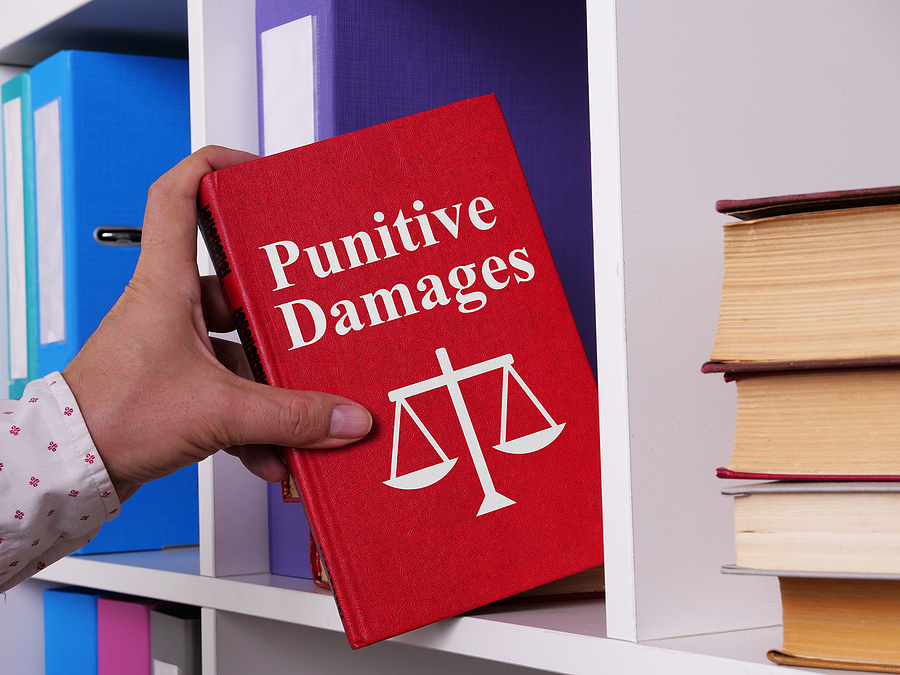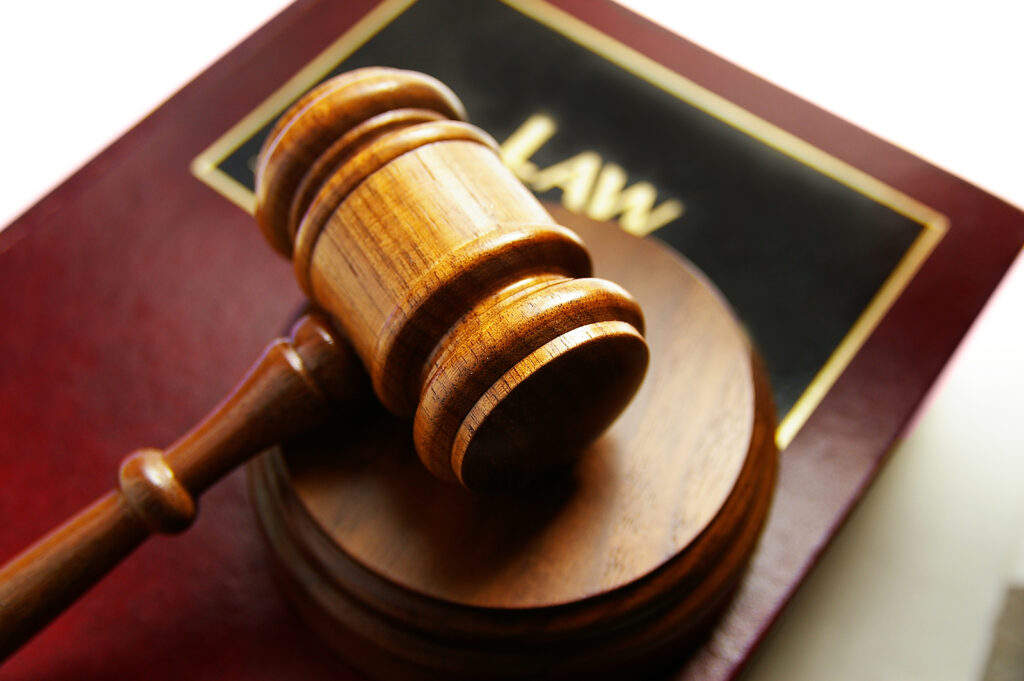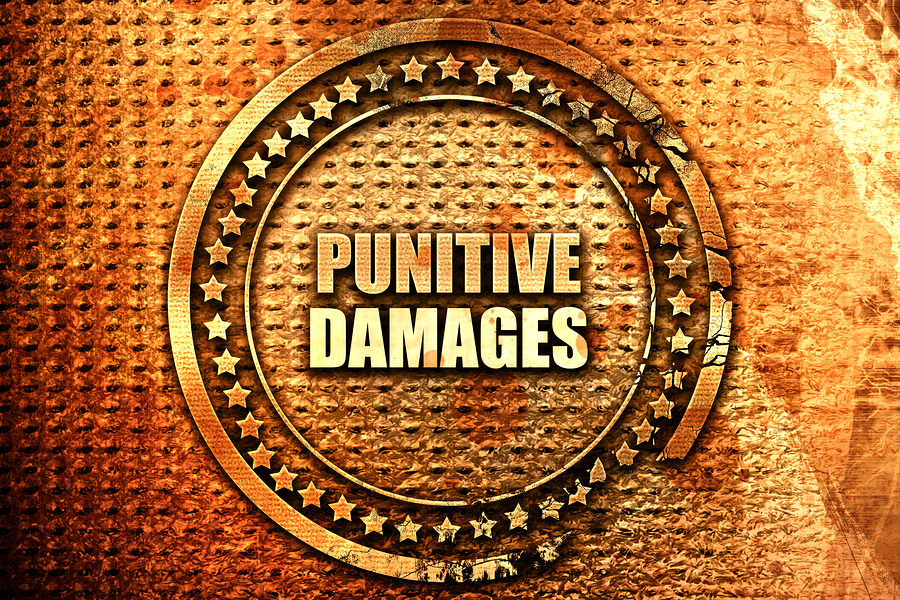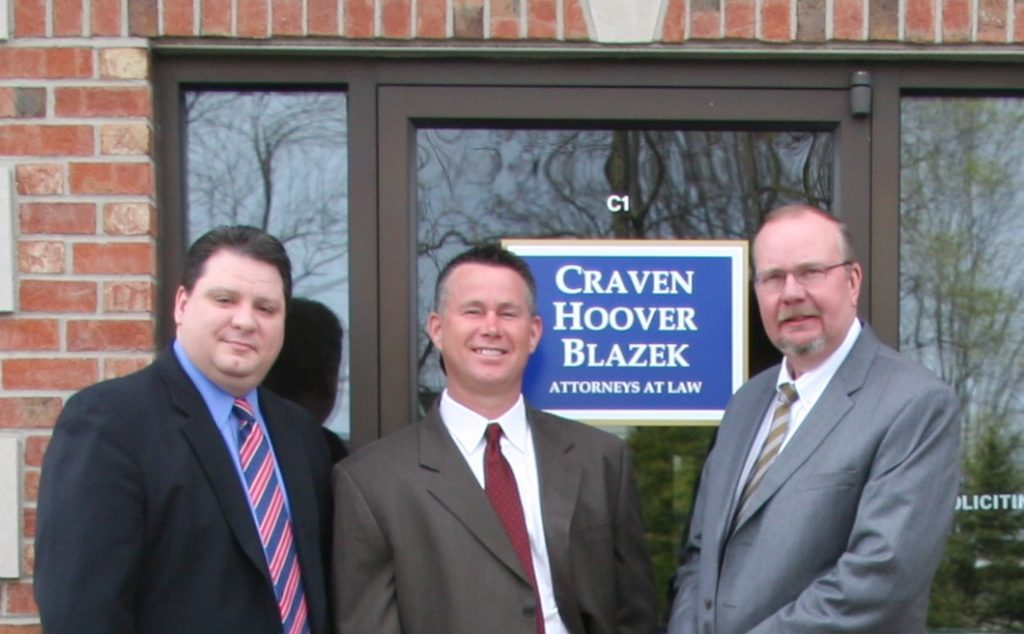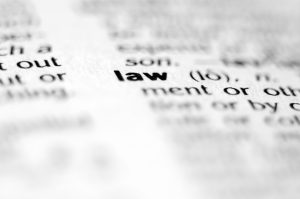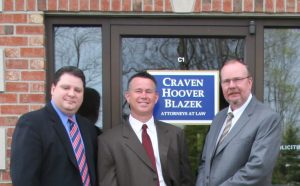In the aftermath of an accident, understanding your rights and the compensation you are entitled to is essential. This blog post will help guide you through the often complex landscape of personal injury settlements, illuminating the types of damages awarded and how compensation is calculated. When suffering from personal injuries, you may be entitled to general damages, punitive damages, and compensation for various losses you’ve endured.
It’s important to remember that securing full and fair compensation is often a rigorous process, requiring the expertise of an accident lawyer. Continue reading to navigate the world of personal injury compensation confidently, ensuring you don’t settle for less than you deserve.
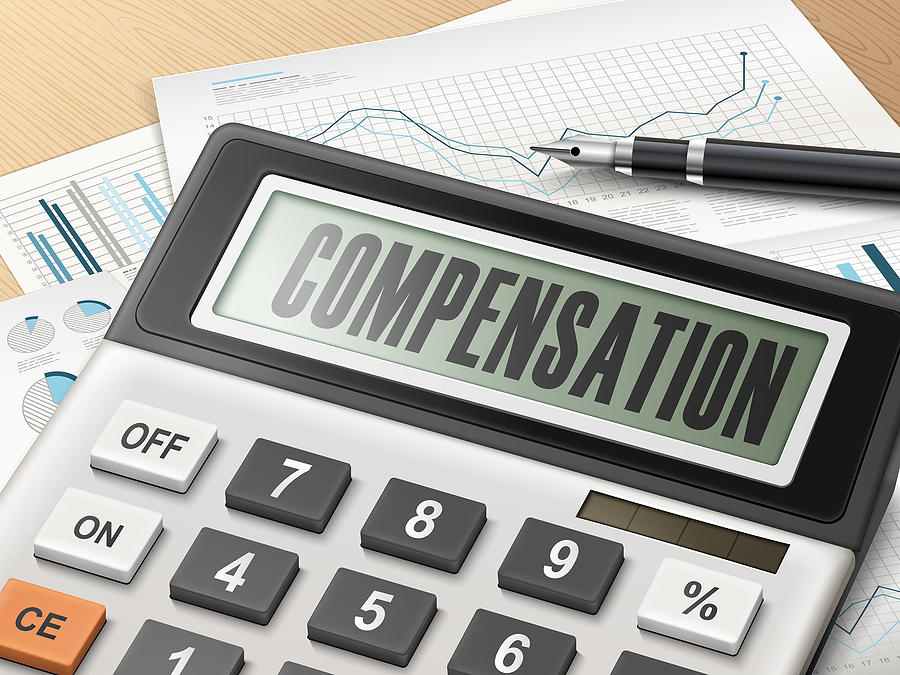
Types of Damages Awarded to Personal Injury Victims
When discussing personal injury settlements, it’s crucial to understand the types of damages you may be entitled to receive. Personal injury cases can result in various types of damages awarded to the victim. These damages can cover a wide range of losses, including medical expenses, lost wages, pain and suffering, and property damages.
General damages are awarded to compensate the victim for tangible monetary losses, such as medical expenses, hospital bills, and lost wages. Non-economic damages, like pain-and-suffering and loss of enjoyment of life, can also be awarded depending on the nature of the case. These damages are more subjective and thus, more challenging to quantify, but they may include damages for psychological injuries as well.
Punitive damages can be awarded in situations in which the defendant’s actions are seen as intentionally harmful or reckless, aimed to punish the offender and set an example for others. The total amount of damages awarded often depends on the severity of the injury, the long-term effects on the victim’s life, and other mitigating factors.
Overall, it’s essential for plaintiffs to work with an experienced personal injury lawyer to ensure that they receive financial compensation for all of the damages they have suffered.
Calculating Personal Injury Compensation
When determining the amount of payment that you are entitled to, several factors come into play. These may include medical expenses, lost wages due to missed work, property damage, and overall pain and suffering caused by the accident. To determine the value of your case accurately, it’s vital to keep and accumulate records of all the expenses and losses you’ve incurred as a result of the accident.
The process of calculating personal injury compensation can be complex, and it’s crucial to seek the assistance of an experienced Indiana injury attorney. They have the expertise to evaluate your case thoroughly and negotiate with insurance companies or represent you in court. Hiring a personal injury lawyer will provide you with the best chance that you receive full and fair compensation for your losses and helps alleviate the stress of navigating the legal process on your own.
More on the Importance of Hiring an Accident Lawyer
Pursuing a personal injury claim for compensation can be overwhelming, especially when you’re dealing with physical and emotional injuries. In addition to guiding you through the process, an accident lawyer will have your best interests in mind and strive to secure a full and fair settlement. They have extensive knowledge of Indiana personal injury law and can navigate the complexities of negotiations or legal proceedings. Moreover, insurance companies may try to take advantage of your lack of legal knowledge and offer a lower settlement amount than you deserve. An accident attorney will fight for your rights and ensure that you receive proper compensation for all damages and losses incurred.
Conclusion
In conclusion, understanding your rights as a personal injury victim and the types of damages awarded is crucial in securing full and fair compensation. It’s essential to keep records of all expenses and losses incurred and to obtain the medical care necessary to get you back to where you were before the injury, and hiring an accident lawyer can greatly benefit the outcome of your case. Remember, you deserve to be fully compensated for any injuries or damages caused by another party’s negligence. Don’t settle for less than what you are entitled to and seek the help of an experienced accident lawyer to ensure your rights are protected. So, if you or a loved one has been injured in an accident, don’t hesitate to seek legal advice and fight for the compensation you deserve.
Remember, knowing your rights is the first step towards securing full and fair personal injury compensation. Contact the Law Office of Craven, Hoover & Blazek, P.C. at 317-881-2700 to speak with an experienced personal injury lawyer in Indianapolis, Indiana. We can hold meetings in our office, or, if you cannot travel, we can speak over the phone or at your place of medical in-patient care. Call now before time runs out on your claim!
Related Posts:
Key Factors Influencing Your Personal Injury Settlement Value
What is the Worth of My Personal Injury Claim?
How Much Compensation Will I Get in a Personal Injury Lawsuit?

